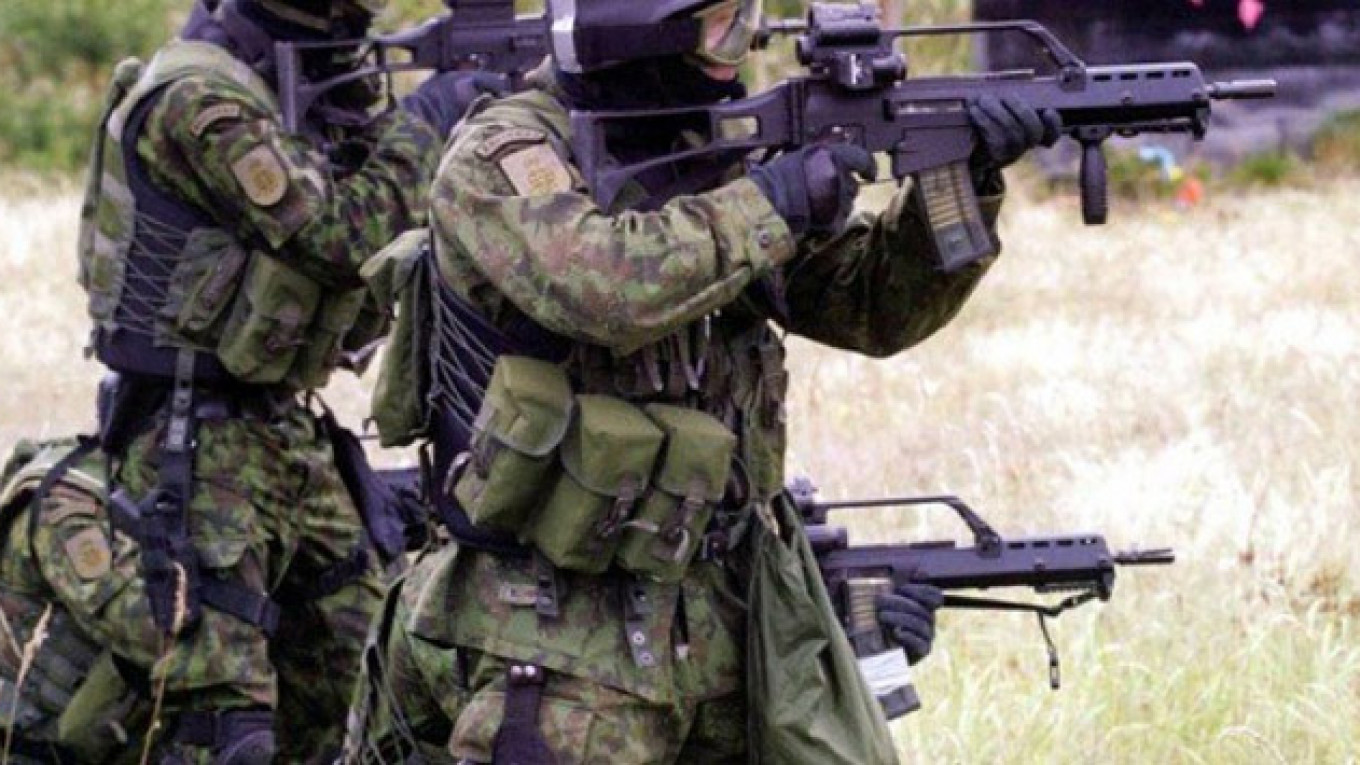Despite the referendums in Donetsk and Luhansk that seemingly point to an overwhelming desire of local resident for autonomy, Kiev is still determined to keep these regions as part of a united Ukraine. But Kiev should consider letting these regions go their own way.
Ukraine would arguably be much better off economically without Donetsk and Luhansk. Although the argument from Russia is that Ukraine needs these two regions to survive economically, they are in many ways a drain on the Ukrainian economy.
Ewald Böhlke, director of the Berthold Beitz Center in Berlin, argues on Deutsche Welle that the coal industry in eastern Ukraine has been largely unprofitable since the 1980s and is kept artificially alive to avoid high unemployment and social unrest.
A recent study by ABB found that Ukraine ranked next to last among major steel producers in energy efficiency. As the industry imports large amounts of natural gas from Russia for electricity, Gazprom's recent decision to increase gas prices by 80 percent will be a serious blow to Ukraine's economy.
It is thus no surprise that Donetsk and Luhansk are the regions with the two largest net deficits in terms of intra-Ukrainian budget transfers. According to recent statistics compiled by Investgazeta.ru, for the first half of 2013 Luhansk was subsidized to the tune of $419 million by Kiev, while Donetsk received $754 million more from Kiev than it sent back. This is just one indication of how much Donetsk and Luhansk are a major drain on Ukraine's budget.
There is also a de facto civil war raging in the Donbass. Separatists are kidnapping and torturing pro-Ukraine activists, journalists, foreign monitors and aid workers. Meanwhile, pro-Ukraine militias have been formed to counter the separatists. Kiev should ask itself if it wants to expend the blood and treasure to even try to pacify Donbass.
Finally, allowing Donetsk and Luhansk to break away means Russia loses a major point of leverage to continue its ongoing destabilization campaign against Ukraine. What can Moscow do if Kiev were to suddenly announce that it accepts the results of the referendums and the separatists in Donetsk and Luhansk were to demand that they be annexed by Russia?
Annexing the Donetsk and Luhansk regions and trying to bring its 8 million people up to the same median per capita gross domestic product as in Russia could cost the Kremlin $60 billion to $80 billion according to one recent estimate in Forbes. This makes annexation of the two regions more of a poisoned chalice to the Kremlin then a glittering prize.
At the same time, however, there are still numerous reasons why allowing the Donetsk and Luhansk regions to leave Ukraine might not work. For one, it would set a dangerous precedent. Once Donetsk and Luhansk leave Ukraine, separatists might emerge in other regions such as Kharkiv and Odessa. Indeed, if Russia remains determined to destabilize Ukraine to prevent it joining the EU and especially NATO, an existential issue for Russia, Moscow could easily find ways to encourage and support separatists in other regions.
In the end, though, Kiev holds much better cards then it realizes and could well be tempted to call Putin's bluff and cut Donetsk and Luhansk loose.
Josh Cohen is a former USAID project officer involved in managing economic reform projects in the former Soviet Union. He contributes to a number of foreign policy-focused media outlets and tweets at @jkc_in_dc
A Message from The Moscow Times:
Dear readers,
We are facing unprecedented challenges. Russia's Prosecutor General's Office has designated The Moscow Times as an "undesirable" organization, criminalizing our work and putting our staff at risk of prosecution. This follows our earlier unjust labeling as a "foreign agent."
These actions are direct attempts to silence independent journalism in Russia. The authorities claim our work "discredits the decisions of the Russian leadership." We see things differently: we strive to provide accurate, unbiased reporting on Russia.
We, the journalists of The Moscow Times, refuse to be silenced. But to continue our work, we need your help.
Your support, no matter how small, makes a world of difference. If you can, please support us monthly starting from just $2. It's quick to set up, and every contribution makes a significant impact.
By supporting The Moscow Times, you're defending open, independent journalism in the face of repression. Thank you for standing with us.
Remind me later.







